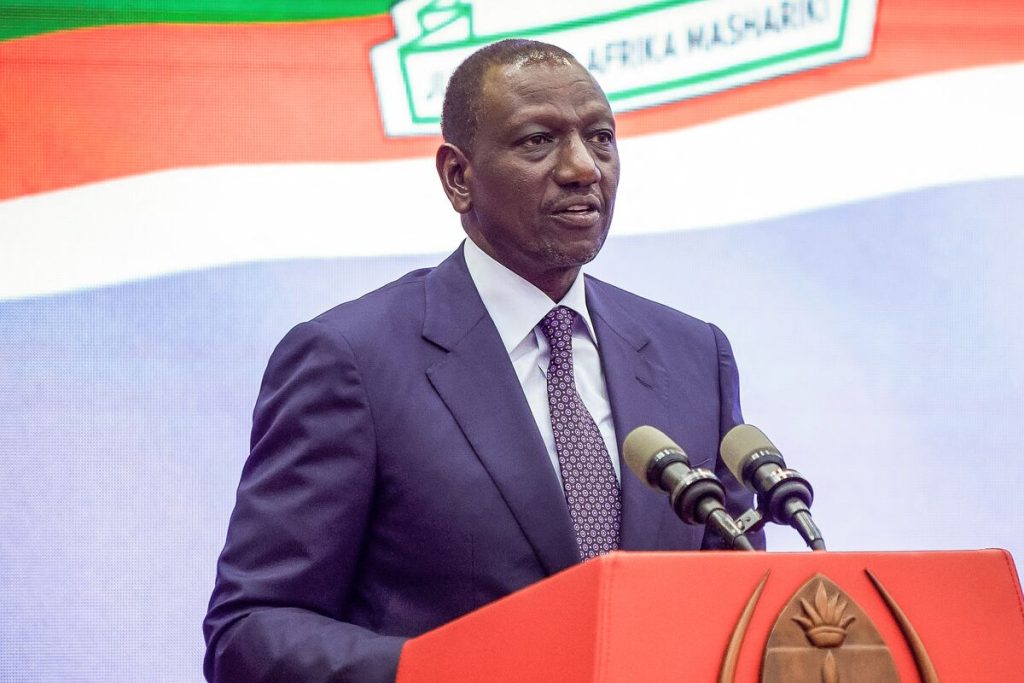The African Union (AU) has launched the African Credit Rating Agency (AfCRA) to address the long-standing biases of global credit rating firms. The new agency, revealed by Kenya’s President William Ruto on Friday during an AU event in Addis Ababa, Ethiopia, aims to challenge the systemic prejudices that have historically hindered Africa’s economic progress.
President Ruto emphasised the need for change, stating that global credit rating agencies have not only treated Africa unfairly but have also failed to accurately reflect the continent’s economic realities.
“Global credit rating agencies have not only dealt us a bad hand, they have also deliberately failed Africa,” Ruto said. “They rely on flawed models, outdated assumptions, and systemic bias, painting an unfair picture of our economies and leading to distorted ratings, exaggerated risks, and unjustifiably high borrowing costs.”
This critique is supported by a study from the Africa Peer Review Mechanism and the United Nations Development Programme, which highlights that these biases have cost Africa an estimated $75 billion in lost opportunities.

Ruto further noted that a single-notch improvement in Africa’s rating could unlock an additional $15.5 billion in funding. This funding could help replace a significant portion of official development assistance or be invested in addressing the continent’s pressing infrastructure needs.
Currently, only two African nations hold an investment-grade rating. Ruto argued that it is time for Africa to adopt a rating scale that accurately reflects its true economic potential.
The establishment of AfCRA aligns with the African Union’s continued push for greater economic integration and resilience. The agency aims to provide fair, transparent, and development-focused credit ratings that reflect the true strengths and opportunities of African economies.
The creation of the African Credit Rating Agency follows years of discussion and planning. In September 2023, the AU officially announced its intention to move forward with the project. This came after ongoing criticism of the “Big Three” global rating agencies—Moody’s, Fitch, and S&P—accused of applying negative biases when evaluating African economies.
These biased ratings often lead to higher borrowing costs for African nations and, in some instances, hinder their access to international financial markets. The push for an African credit rating agency gained further momentum in 2022 when former Senegalese president Macky Sall, then Chair of the AU, called for a new system to end the “injustices” faced by African countries.


